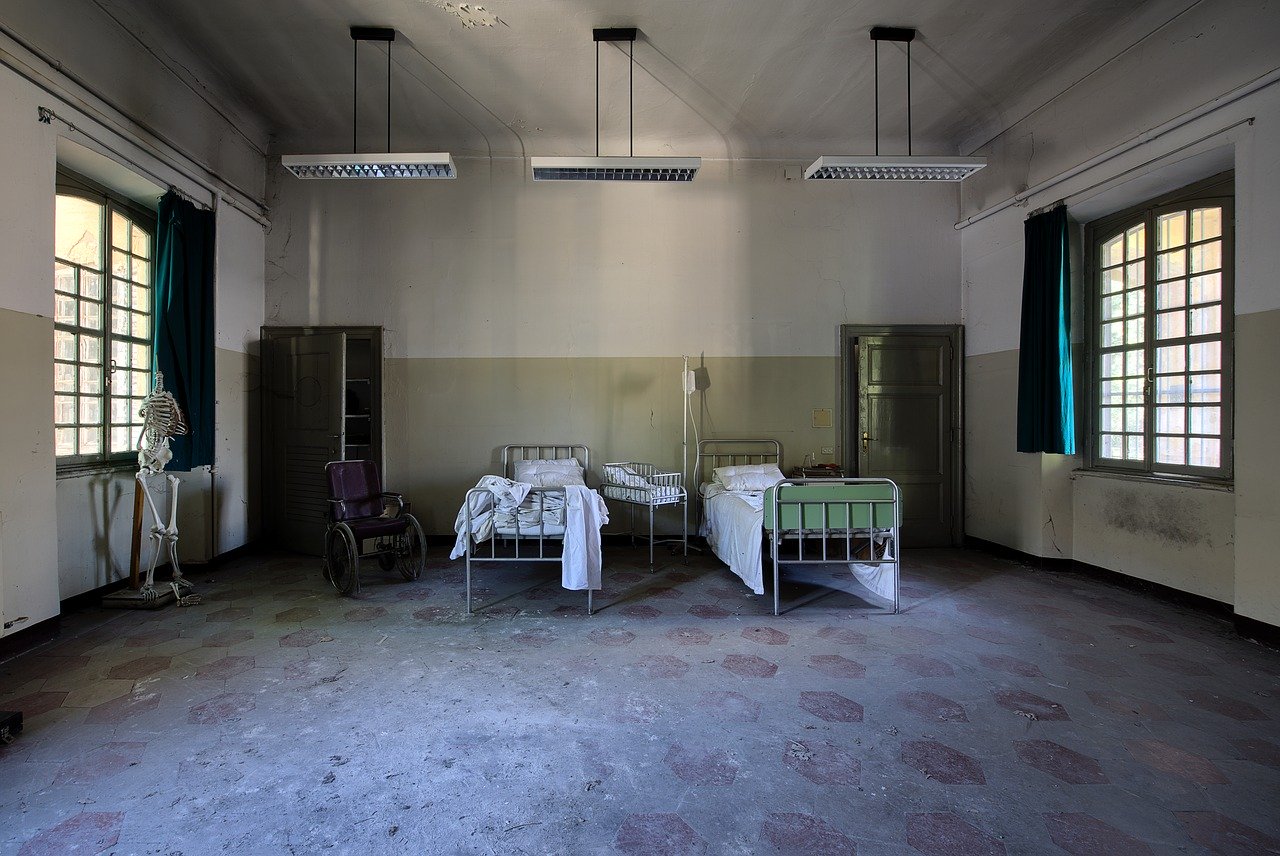This April 20, 2020 report published by the UP COVID-19 Pandemic Response Team, offers an assessment of the extent of risk that we will face when lockdowns across provinces in the Philippines are lifted. It states that a majority (81%) of Filipinos infected with the new coronavirus experience little to no complications of COVID-19, while around 5% will require ICU treatments.
The team estimates that at the current state of our health care system, there is a possibility for our hospitals to be overwhelmed with severe and critical cases. To prevent this, the UP team offered some suggestions on the kind of preparations that must be made before lifting the lockdown.
Editor’s Note: The study published by the UP Covid-19 Pandemic Response Team is valuable because it is being used by many LGUs in justifying their decisions to extend lockdowns in their areas.
We must realize, however, that from the period when the UP study was published, so many new things have already been discovered about the novel coronavirus. For one, we now know that lockdowns cannot protect people from the virus [see 66% Of New Coronavirus Hospitalizations In New York Are From Those Who Stayed Home]. Secondly, a majority of those who get the coronavirus are able to fight of the infection, as evidenced by the greater number of people who are asymptomatic [read 90-95% Of COVID-19 Cases In Cebu Are Asymptomatic]. Lastly, the coronavirus is not as fatal as we think [99% Of Coronavirus Deaths In Italy Had Other Illnesses and The Tale Of Two Fatality Rates].
The UP study only highlights the flaw in our health care system. Perhaps, if their suggestions were addressed much earlier, lockdowns might have been lifted much sooner. But the government’s failure to address these issues cannot be used to continue suppressing our right to free movement.
Let us not forget that the goal is to eventually fully lift lockdowns and enable society to function again, not to coerce citizens to follow orders or to sacrifice human rights.
Read Online
Click the button below if you wish to read the article on the website where it was originally published.
Read Offline
Click the button below if you wish to read the article offline.
